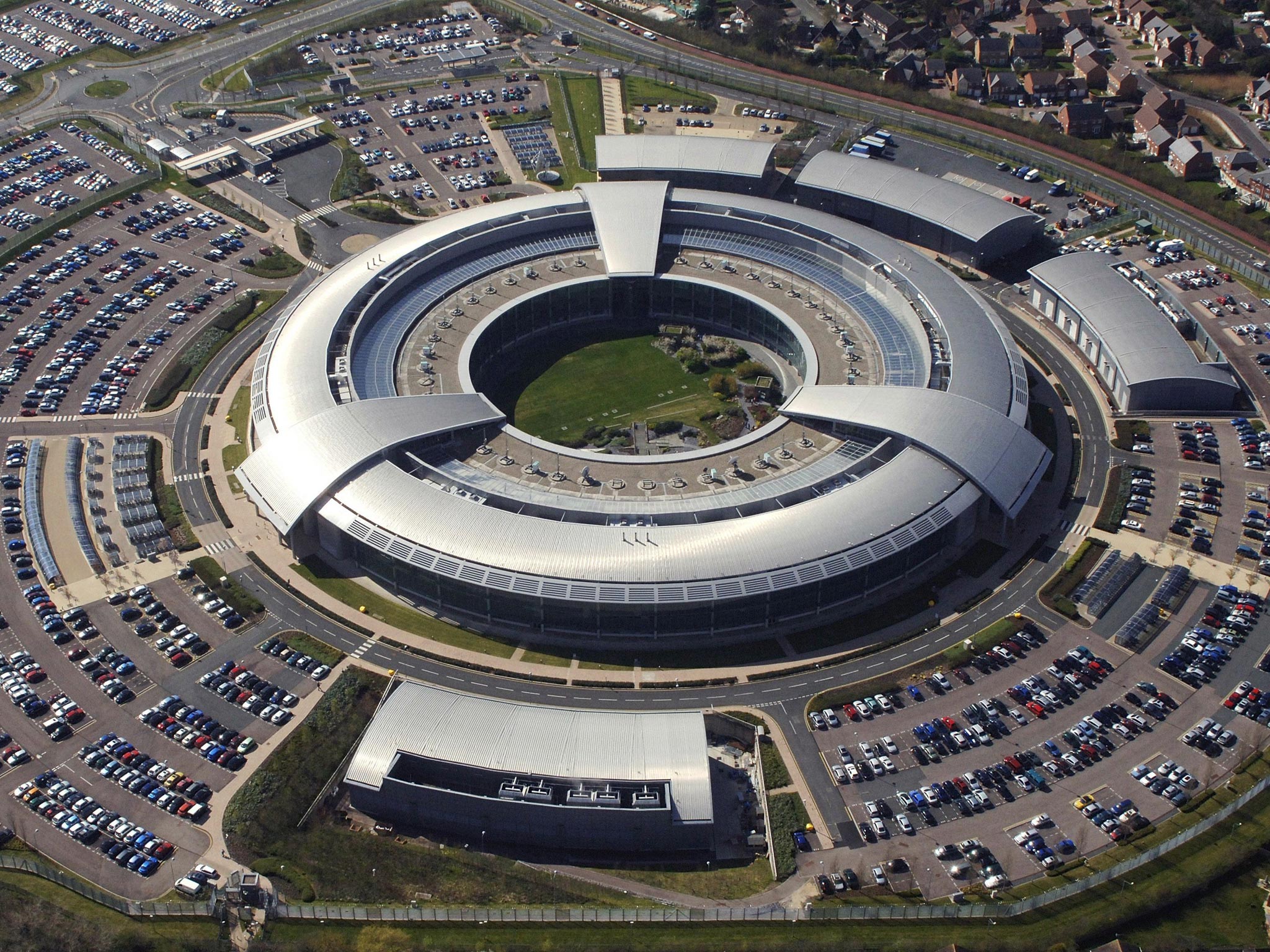GCHQ has acted illegally – politicians can’t pretend it's business as usual
We were told time and again that GCHQ would not breach fundamental human rights

In a democracy, the rule of law is sacrosanct. Yes it can make decision-making slower, and can be burdensome to civil servants, but the fact our Government generally abides by the rule of law is what sets us apart from China or Russia. The rule of law gives us faith that our property and investments are safe, that we will not be subject to arbitrary imprisonment or detention, and that our private life will be not subject to unnecessary interference by the state.
So today’s announcement that GCHQ acted unlawfully is significant. No longer can we take at face value GCHQ’s official soundings that it complies with the rule of law and the European Convention on Human Rights. It hasn’t.
GCHQ was taking data collected by the National Security Agency (NSA) of the United States through their shady PRISM programme (a technological agreement where secret court orders allowed the NSA to access data held by big technology firms such as Google, Facebook and Apple). This data included private information on ordinary British citizens, people who had never broken the law and whom weren’t under reasonable suspicion. We only know this programme exists because whistleblower Edward Snowden was brave enough to tell the world.
Snowden’s bravery contrasts with the lack of guile shown by the politicians who are supposed to ask tough questions of the intelligence agencies on our behalf. Parliament’s Intelligence and Security Committee (the supposed watchdog over our intelligence agencies) told us that GCHQ acted lawfully in their use of data passed on from the NSA’s PRISM programme. This is quite a different verdict, to put it mildly, to today’s findings by the Investigatory Powers Tribunal who found that the fact the programmes were secret meant they undermined human rights.
Yet, this makes little difference to your rights as citizens. GCHQ retain unrestrained access to material captured by the PRISM programme. The TEMPORA programme, which taps undersea cables off the coast of Cornwall, is still hoovering up petabytes of our data. Until politicians decide to place limits on the surveillance of entirely innocent people, these programmes will grow more complex and more intrusive.
Politicians who value freedom are being less sharp-elbowed than those who think more surveillance will somehow protect us (the evidence on this is patchy). Just two weeks ago, we saw an attempt by backbench Peers to insert the controversial Snooper’s Charter into the Counter-Terrorism and Security Bill. The Snooper’s Charter would give similar surveillance powers that the NSA and GCHQ have to the police and a host of quangos including the Egg Marketing Board. As much as I enjoy an egg, it seems uncertain to me why egg inspectors should enjoy more surveillance powers than the state of Austria. It’s a poor state of affairs when so few politicians will be frank and honest enough to say this.
We were told time and time again that GCHQ always operates in accordance with the rule of law and would not breach fundamental human rights. Now we know that is not true. It’s time for reform to get the law right. If you care about your privacy, only vote for people in the next general election who take your human rights seriously. As voters, we need to be asking tough questions.
Join our commenting forum
Join thought-provoking conversations, follow other Independent readers and see their replies
Comments
Bookmark popover
Removed from bookmarks